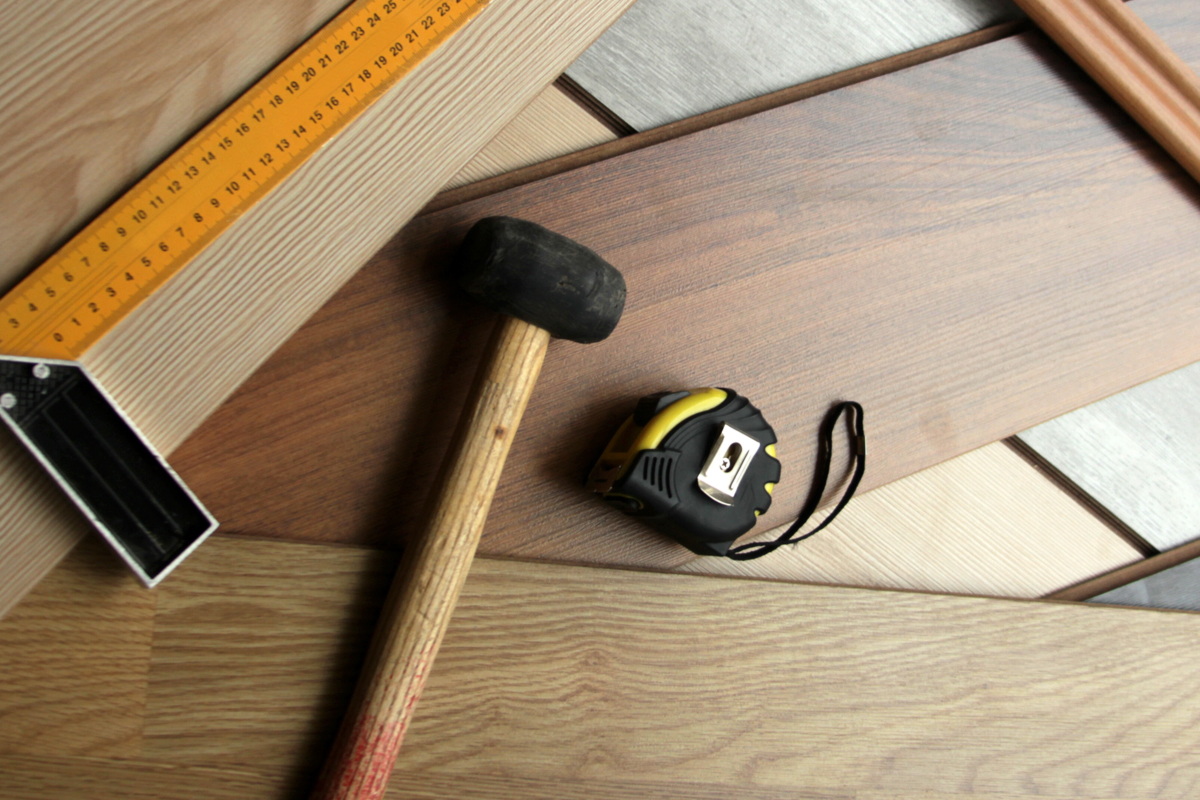Commercial Property Insurance is one of the building blocks of your business protection plan, especially if you work in an industry that has specialty equipment, product inventory, or valuable items (such as computers, electronics, and media devices). And if you own your commercial premises, you have even more incentive to protect your investment with adequate coverage.
But how do you go about finding a business Property policy that fits your needs and your budget? Here are some tips for finding an affordable plan:
-
Some contractors may think their other policies cover their business essentials. But what they may not realize is how limited Landlord’s Insurance, Renter’s Insurance, and Homeowner’s Insurance really are when it comes to business protection. For instance, if you rent commercial property from a landlord, don’t assume that Landlord’s Insurance covers your equipment, furnishings, or products. This policy only covers the rental property and certain structures, such as a deck, garage, or shed. That means all your commercial gear is still exposed if you don’t have your own coverage for the building’s contents.
-
Renter’s Insurance and Homeowner’s Insurance can’t fill this gap, either. These only cover personal property, and both typically have exclusions for items used for business. This is especially worth noting if you run a home-based business. Without the appropriate riders to your Homeowner’s policy, you may leave yourself exposed to potential losses.
The answer to these coverage gaps is a commercial Property Insurance policy. If you don’t own your building and only need to cover its contents (e.g., fixtures, furniture, office equipment, supplies, and inventory), you could save money on your policy by only purchasing building contents or equipment insurance.
Depending on your policy’s stated limits, Property Insurance can pay for…
-
Repairs to your building (e.g., drywall or roof repair).
-
Replacing your equipment (e.g., refrigerators, computers, copiers, printers, etc.).
-
Replacing furnishings and fixtures (e.g., carpets and lighting).
-
Replacing your inventory (e.g., products you sell).
Understand the Difference Between Replacement-Value or Actual Cash-Value Coverage
You can usually choose to insure your property at its replacement value or its actual cash value (ACV). The option you decide will affect the premiums you pay for your Property Insurance. Here’s what you need to know to make an informed decision:
Replacement-Value Benefits
If you choose a policy with “replacement-value” coverage, your provider will compensate you with enough money to replace your insured items with brand new pieces in the event of a covered property claim. Because you receive enough compensation to buy new items, this option typically comes with a higher premium. However, it’s an option that’s worth exploring if:
-
You have hard-to-replace / specialty / expensive equipment.
-
You have a lot of high-tech gear (as these items depreciate quickly).
-
You have inventory you need to protect.
-
You want to replace your damaged items quickly.
Replacement-value coverage will pay with “like kind or quality” up to the stated limit in your policy. So if, for example, your office building had carpeting, the policy isn’t going to replace the damaged carpet with imported Italian tile.
Actual Cash-Value Benefits
If you choose a policy with “actual cash-value” coverage, you’ll receive compensation that equals the depreciated value of the damaged asset (depreciation is the loss in value of the property due to time, wear, and tear). If you can easily find used replacements for your business items, you may want to choose this coverage so you can reduce your premium costs.
Know the Real Value of your Property
Say a thief nabs your company laptop. Your first instinct may be to think of the event as an expensive nuisance. Sure, no one likes shelling out new money to replace the equipment, but you could ostensibly do it. But what if you found out the ordeal could potentially bankrupt your business – especially if you have sensitive information housed on your stolen device?
According to a Ponemon Institute and Intel study that examined 138 lost laptop situations, businesses spend an average of $49,246 when a laptop is either lost or stolen. In outlier cases, the number climbed to as high as $975,527.
These costs aren’t about the replacement value of the device. Rather, they are a reflection of the loss of the information contained on them. It’s all the more reason to make sure your property is adequately protected.
Reduce Your Business Property Insurance Rates by Managing Property Risks
Another way to save money on your Property policy is to implement a solid risk management strategy. Some insurance providers offer discounts if you try to reduce your risk exposures. Some cost-saving preventative measures may include:
-
Setting up burglar systems and security cameras in your building.
-
Installing dead-bolt locks and shatter-proof glass.
-
Installing smoke detectors and sprinkler systems.
-
Updating your electrical systems to reduce the risks of fire damage.



